Indigenous voice: Former High Court justices say ‘vague’ wording is the right choice
Two former High Court justices insist the proposed new chapter to the Constitution creating an Indigenous voice is legally sound and a ‘once-in-a-lifetime opportunity’.
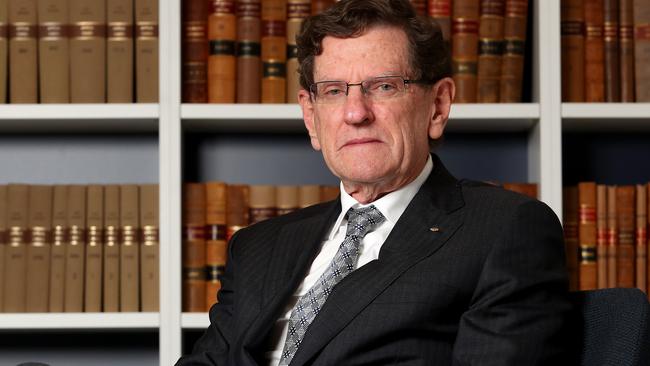
Two former High Court justices insist Anthony Albanese’s proposed new chapter to the Constitution creating an Indigenous voice is legally sound and a “once-in-a-lifetime opportunity”, despite concerns from some top lawyers that the changes could invite legal challenges.
Ex-chief justice Robert French and his former colleague Kenneth Hayne, who are proponents of the constitutional change, defended the government’s decision to keep the voice details “vague”, saying Australians should refrain from “anticipating things that have not yet happened” and instead trust the elected government.
Mr French, who served as chief justice of the High Court from 2008 to 2017, said “the voice proposal is a once-in-a lifetime opportunity for Australia to fill a moral and historic shortcoming in the Constitution – to recognise our first history and the First Peoples who bear it and the painful legacy of its collision with the second history of colonisation”.
Mr Hayne, who served from 1997 to 2015, dismissed Peter Dutton’s calls for greater detail than the design principles, saying “constitutions are places for principle, not places for machinery”.
“There are many forms of law which parliament might like, which you or I, or all of us might say, ‘No, that’s not a very good law, or that’s a very bad law,” he said.
“The notion that you test things according to extreme or distorting examples is something that is simply not to be countenanced.”
However, one leading Sydney barrister expressed concern that the proposed amendments could invite legal challenges if parliament failed to consider the voice’s advice in creating new laws.
While the purpose of some of the constitutional amendments announced on Thursday was to give parliament increased powers to determine the legal effect of the voice’s advice, David McClure SC told The Australian it could have the opposite effect.
The second and third clauses of the amended section 129 of the Constitution are proposed to read: “2. The Aboriginal and Torres Strait Islander voice may make representations to the parliament and the executive government of the commonwealth on matters relating to Aboriginal and Torres Strait Islander peoples.
“3. The parliament shall, subject to this Constitution, have power to make laws with respect to matters relating to the Aboriginal and Torres Strait Islander voice, including its composition, functions, powers and procedures.”
The third clause has been updated from an earlier iteration in February to broaden parliament’s power to make laws, by updating the older phrase “with respect to the composition, functions, powers and procedures” to the more encompassing “including its composition, functions, powers and procedures”. However, Mr McClure said the first few words of the third clause could invite legal intervention, as the phrase “subject to this Constitution” makes the clause dependent on the paragraphs above it.
“If the object of these changes was to eliminate or reduce the risk of there being legal challenges to decisions of the executive in circumstances where they failed to consider representations from the voice, or they failed to give the voice a reasonable opportunity to make representations, it fails to do that,” he said.
“Earlier in clause three, it says ‘the parliament’s power to make those laws is subject to this Constitution’. That means it is subject to, among other things, clause two. The issue that numerous people have raised is it’s open to construe clause two to not only confer a right on the voice to make representations to the executive, but it carries with it an obligation on the part of the executive to consider those representations.”
Constitutional law expert Anne Twomey, who was a member of the government’s constitutional working group, said the government made the key change to the constitutional wording to “broaden the scope of parliament’s ability to legislate in respect to the voice.”


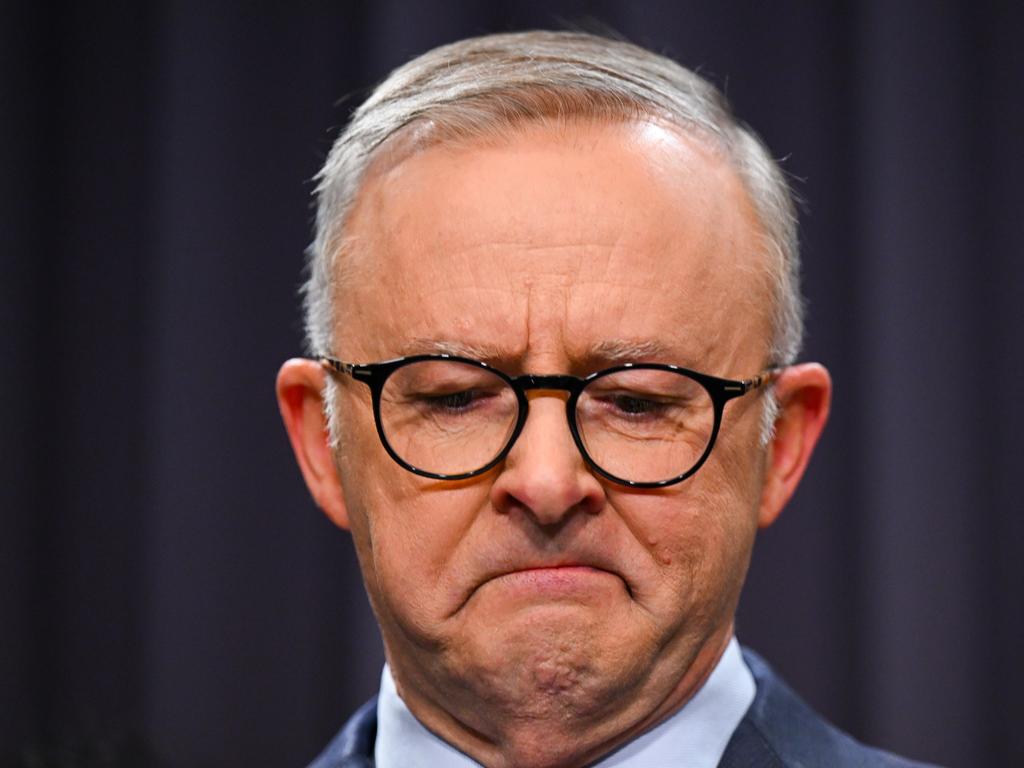
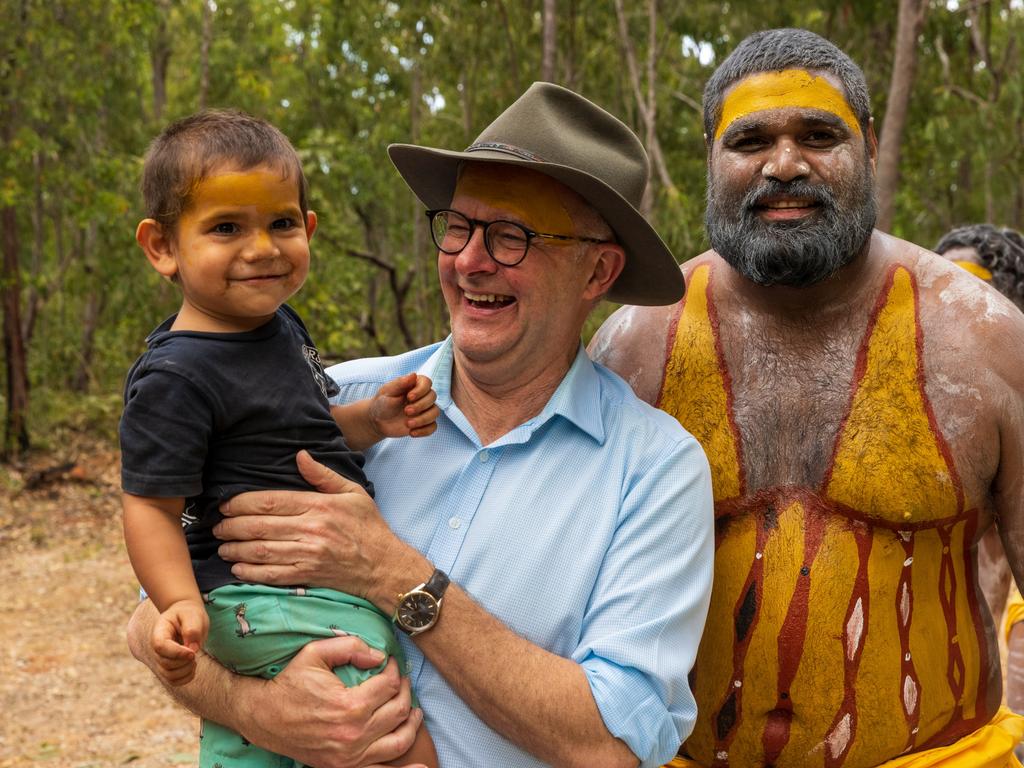
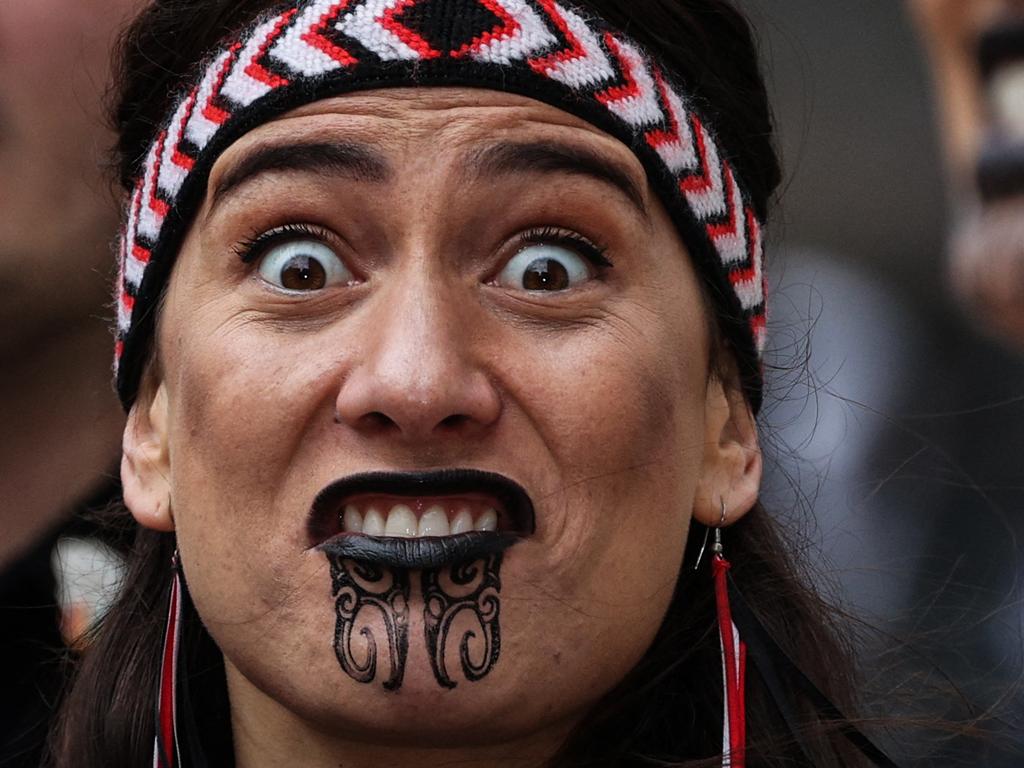
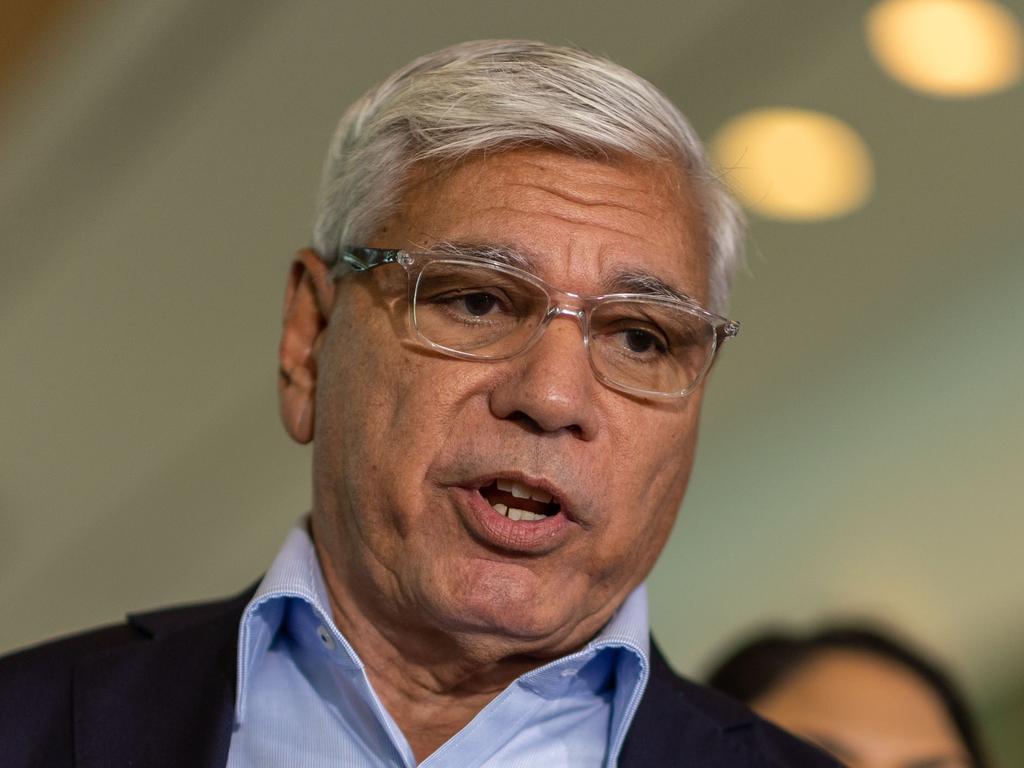


To join the conversation, please log in. Don't have an account? Register
Join the conversation, you are commenting as Logout